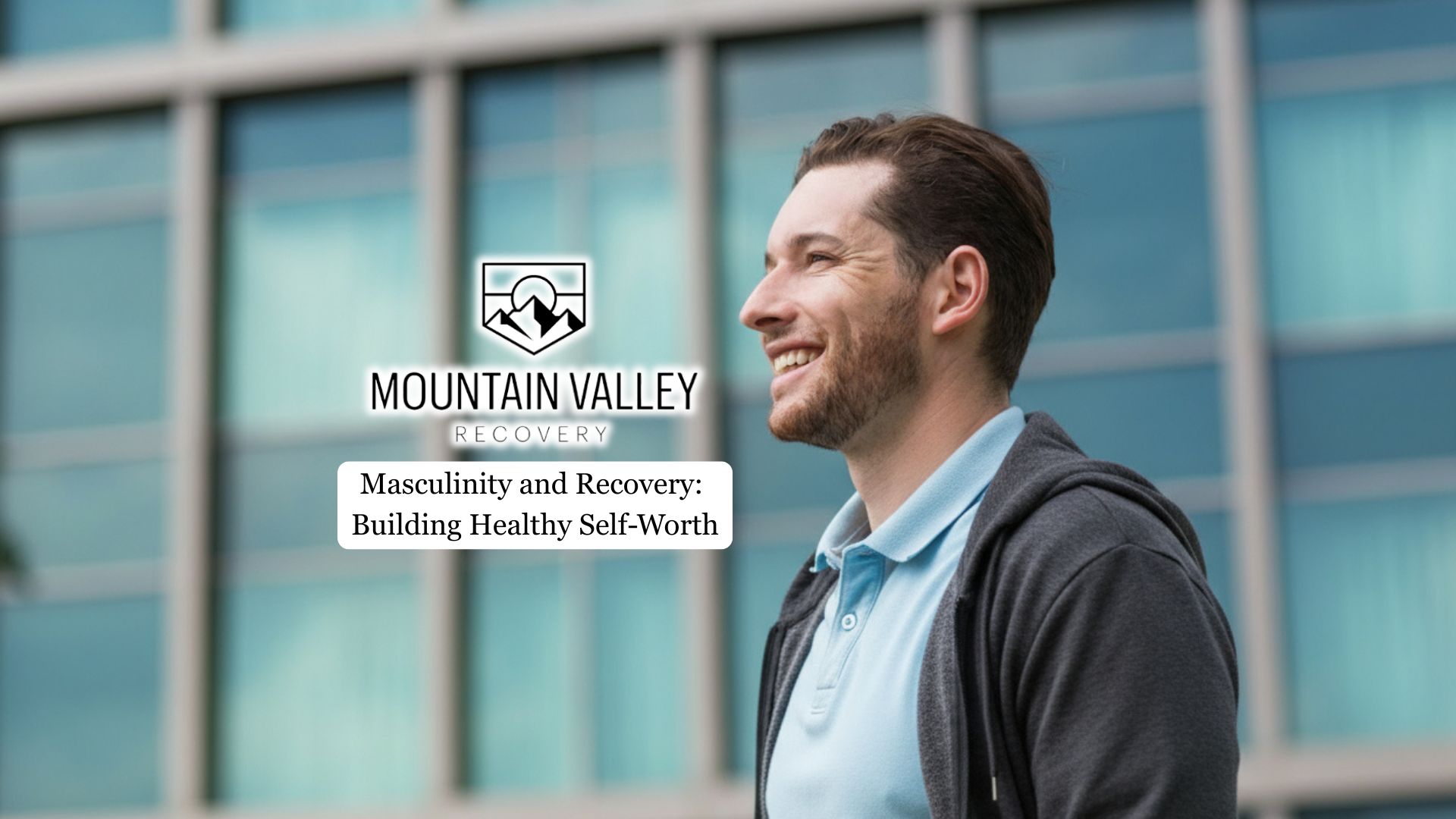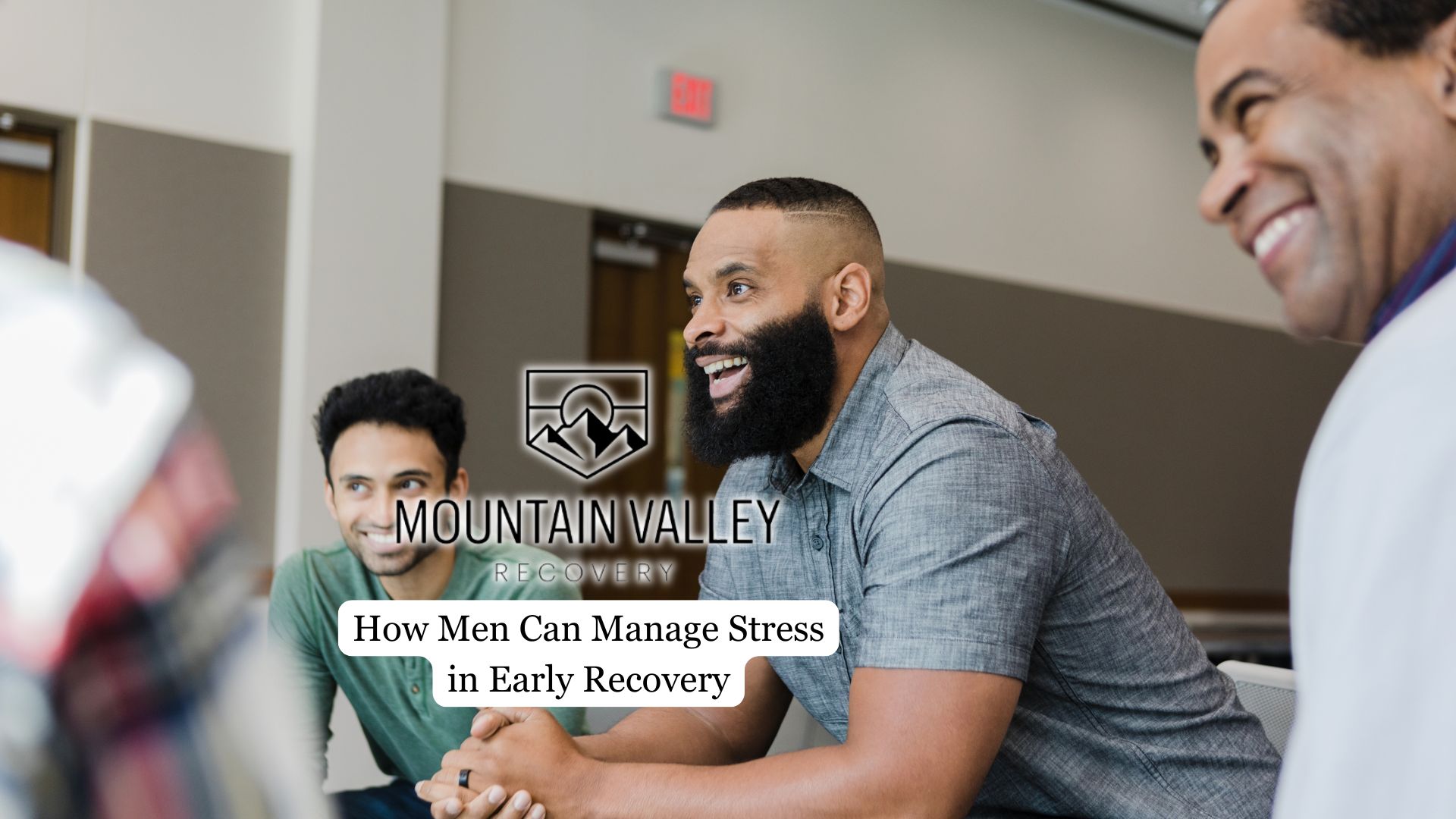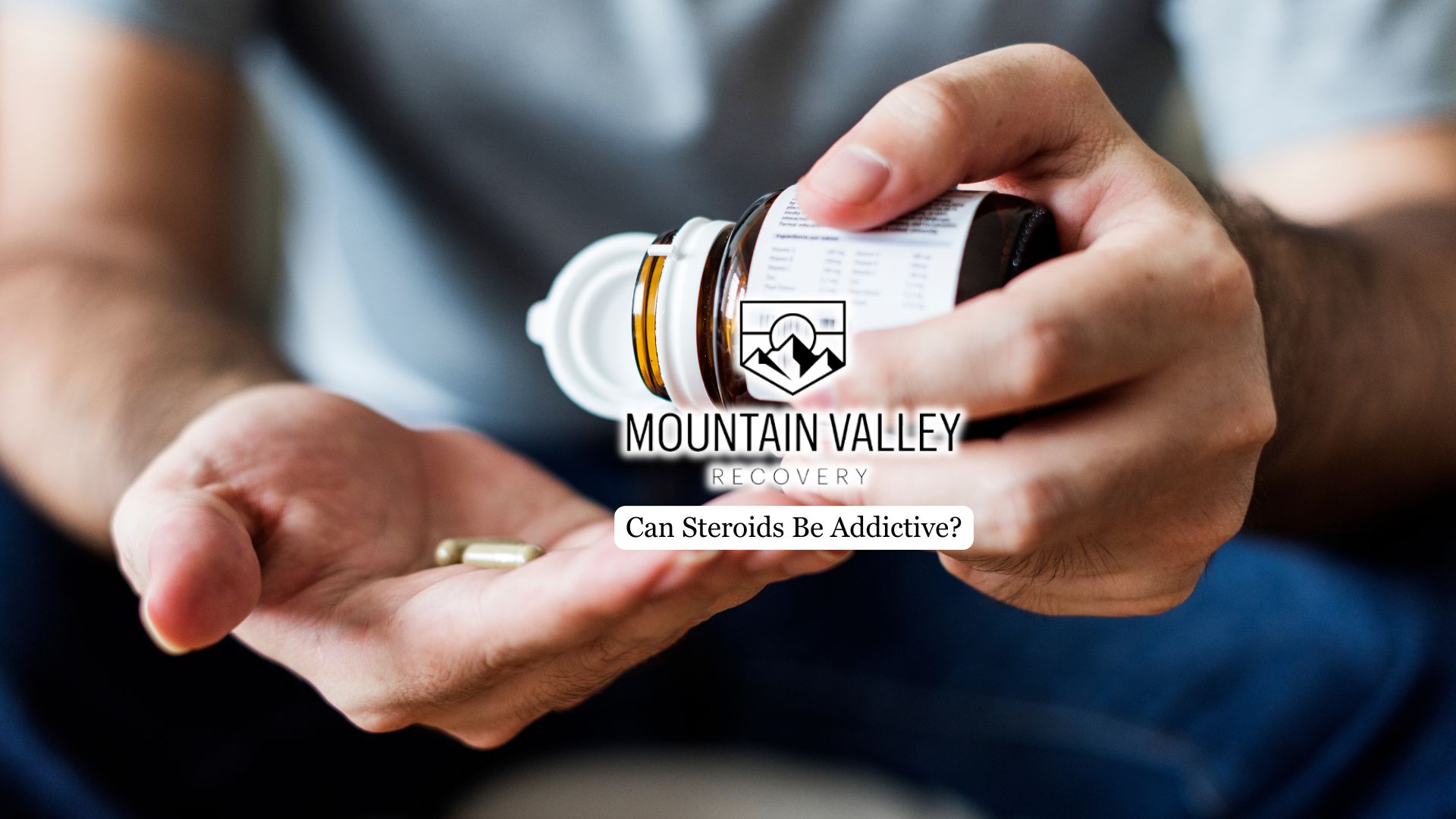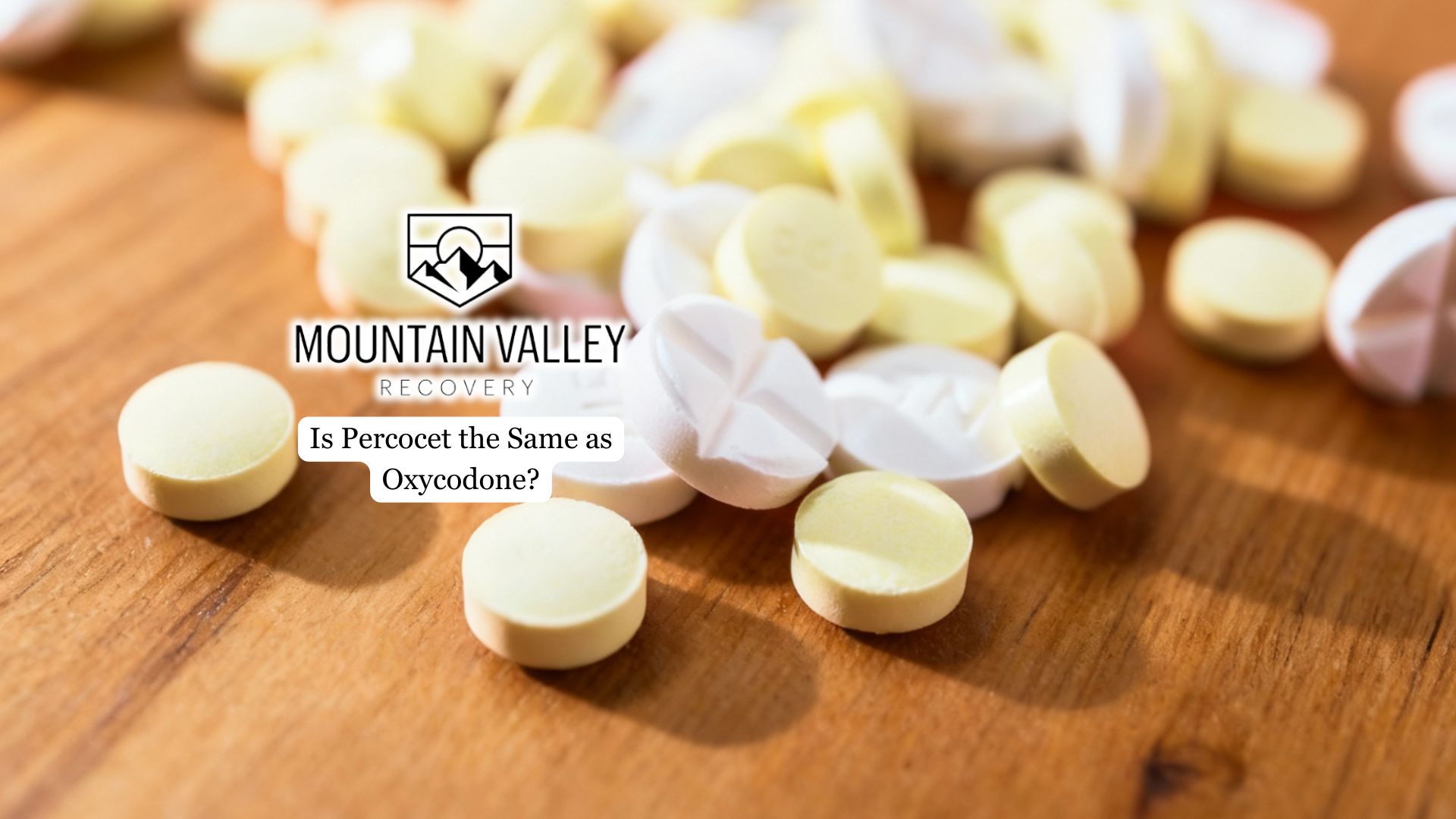Healing from substance use involves more than sobriety. It’s about rebuilding identity, values, and a renewed sense of worth. Traditional ideas of masculinity, such as emotional suppression or self-reliance, can make this process more challenging.
In this article, we’ll explore how expectations rooted in stereotypes influence the recovery process and how cultivating healthy self-worth leads to lasting personal growth.
Understanding Masculinity in Recovery
Masculinity often carries societal expectations: being strong, independent, and emotionally controlled. While these traits can be positive, they can also prevent individuals from acknowledging vulnerability or seeking help. This mindset can delay progress, minimize emotions, or lead to internalized shame.
Understanding these pressures is the first step toward healing. Treatment offers an opportunity to redefine what it means to be strong, not as avoidance of weakness, but as the courage to face emotions, accept help, and build meaningful connections with others. Many find that participating in a dedicated men’s therapy program provides the structure and safety to explore these themes deeply, helping them unpack ingrained beliefs and foster emotional growth. For men seeking such focused, supportive care, programs like Mountain Valley Recovery’s men-only inpatient rehab in Utah offer a tailored environment where strength is redefined through therapy, peer support, and practical life skills developed in a male-centered setting.
The Challenge of Vulnerability in Recovery
Traditional masculine roles often discourage emotional expression. Phrases like “man up” or “don’t cry” teach individuals from a young age to suppress their feelings, leading to emotional distance and unhealthy coping mechanisms. This conditioning can make it difficult to connect deeply with oneself and others. Many entering treatment have spent years hiding sadness, guilt, or shame under a façade of strength.
Learning to embrace vulnerability is a vital step in emotional healing. True courage lies in facing emotions honestly, without judgment or avoidance. In supportive environments, such as group therapy or counseling sessions, participants can begin to share experiences openly. These safe spaces allow them to dismantle unhealthy patterns and replace them with understanding, empathy, and acceptance.
Redefining Strength and Self-Worth
Overcoming addiction requires courage, the willingness to confront pain and uncertainty. Vulnerability and strength are not opposites but complements. Redefining masculinity in recovery involves learning that worth is not earned through dominance, wealth, or power, but through integrity, honesty, and compassion. Building healthy self-worth requires shifting focus from external validation to internal growth.
Through self-reflection and accountability, individuals rediscover their identity. They learn to value progress over perfection, effort over control. This transformation helps break cycles of shame and self-criticism that feed substance use. When strength is defined by resilience and empathy, people begin to see themselves not as broken but as capable of meaningful growth and change.
The Role of Peer Support in Rebuilding Identity
Connection is one of the most powerful antidotes to addiction. Many find healing through shared experiences with others who understand their struggles. Peer support programs and group sessions create a sense of community that counteracts isolation. Participants can witness others model vulnerability, courage, and accountability, proving that seeking help is a sign of wisdom, not weakness.

Hearing others’ stories promotes self-acceptance and reduces stigma. As connections strengthen, the recovery process becomes less about losing independence and more about gaining belonging. This renewed sense of community helps individuals develop self-worth while maintaining motivation for long-term healing.
Healthy Coping and Emotional Awareness
Substances are often used to escape uncomfortable emotions like fear, inadequacy, or anger. Without proper coping mechanisms, these emotions can resurface even after detox. Emotional awareness training in treatment programs helps participants identify and manage feelings constructively. Developing emotional literacy allows them to respond rather than react to life’s challenges.
Physical activities like hiking, yoga, or strength training also serve as healthy outlets for stress. These practices help build emotional balance, enabling individuals to stay grounded even when faced with triggers. As resilience grows, confidence becomes rooted in self-understanding rather than avoidance.
Building Purpose and Meaning in Recovery
Rehabilitation extends beyond breaking dependence. It’s about rediscovering purpose and direction. This often involves reevaluating what success and fulfillment truly mean. Many find renewed purpose in family relationships, mentoring others in recovery, or pursuing goals that align with their values. These efforts provide direction and reinforce self-respect.
However, cultural expectations can make people reluctant to seek medical or therapeutic support. Some avoid medication or counseling because they believe needing help contradicts strength. In reality, seeking proper care, including medication management or therapy, reflects responsibility and self-awareness, not weakness.
Final Thoughts from Mountain Valley Recovery
Building self-worth during recovery requires redefining masculinity to include empathy, courage, and authenticity. When individuals embrace vulnerability, nurture emotional intelligence, and find purpose, they create a foundation for lasting change rooted in balance and self-respect.
At Mountain Valley Recovery, our men-focused rehab programs in Utah help clients challenge outdated masculine ideals while fostering emotional and psychological healing. Through therapy programs in Utah that encourage connection and holistic care, we guide each person toward a fulfilling life free from addiction.




